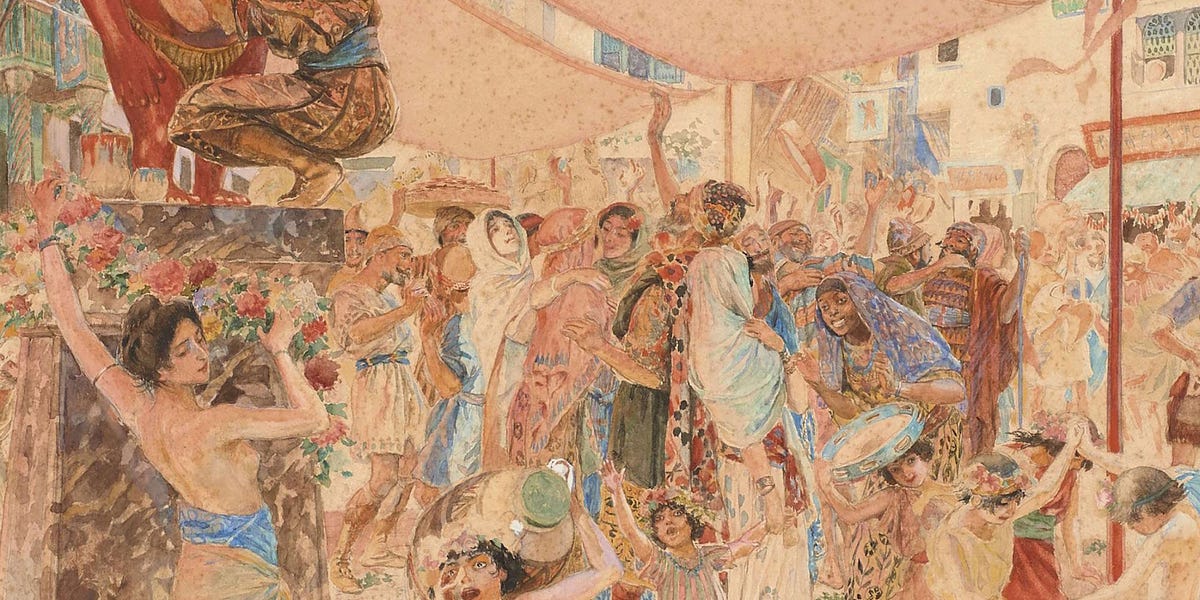Skallagrim
Well-known member
Regarding the origins of Western respect for the individual (which is unmatched by any other civilisation in history), Siedentop has written the fascinating Inventing the Individual. It cannot be dismissed as some reactionary screed; this is a thorough account of (classical) liberalism's strong individual impulses, written from a liberal perspective... and explaining how at the root of it all, you find the Catholic Church.
I found that it was very pleasantly paired with another book, namely God's Philosophers. I recommend that highly, as well. (By the way, it's reviewed by an atheist here. Spoiler alert: it's an extremely positive review.)
And as to the broader matter: yes, religion seems to be an inescapable element of any even vaguely complex culture. This is not surprising: human beings, to organise their conceptions, require a structure to do so. Such a structure is not in-born, and all partial structures (e.g. purely "political", "economic", "social" ones) are inevitably lacking. Consciousness is complex, and to try to make sense of the kosmos and one's place in it, people seek an encompassing structure that can provide a frame-work for both emotional and intellectual processing of really quite abstract experiences.
The result is religion. Not even deliberately. It's just that any structure that meets the above criteria is, by default, a religion. Even if it's a highly philosophical one without any explicit gods or such... people use intellectual short-hand rather than engaging in abstract philosophy, so anything that finds mass appeal will rapidly become increasingly more "religion-like".
This cannot be escaped. Only accepted.
I found that it was very pleasantly paired with another book, namely God's Philosophers. I recommend that highly, as well. (By the way, it's reviewed by an atheist here. Spoiler alert: it's an extremely positive review.)
And as to the broader matter: yes, religion seems to be an inescapable element of any even vaguely complex culture. This is not surprising: human beings, to organise their conceptions, require a structure to do so. Such a structure is not in-born, and all partial structures (e.g. purely "political", "economic", "social" ones) are inevitably lacking. Consciousness is complex, and to try to make sense of the kosmos and one's place in it, people seek an encompassing structure that can provide a frame-work for both emotional and intellectual processing of really quite abstract experiences.
The result is religion. Not even deliberately. It's just that any structure that meets the above criteria is, by default, a religion. Even if it's a highly philosophical one without any explicit gods or such... people use intellectual short-hand rather than engaging in abstract philosophy, so anything that finds mass appeal will rapidly become increasingly more "religion-like".
This cannot be escaped. Only accepted.



